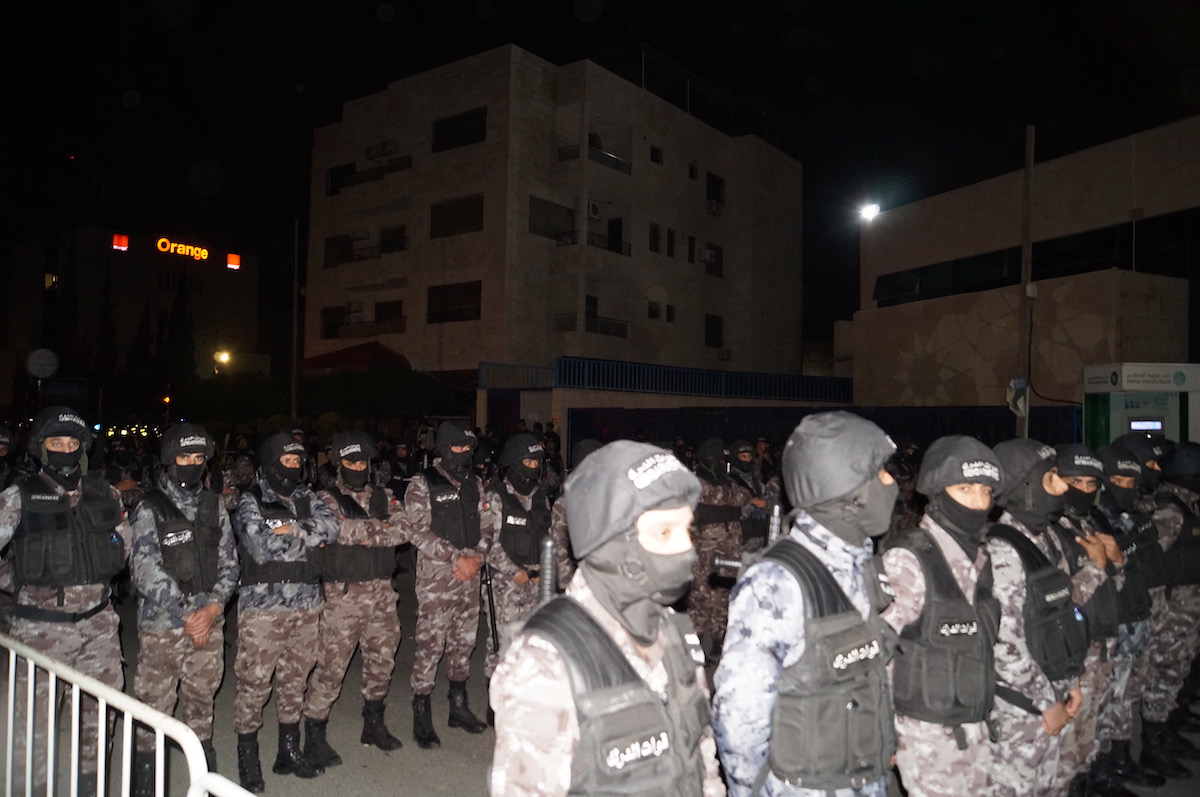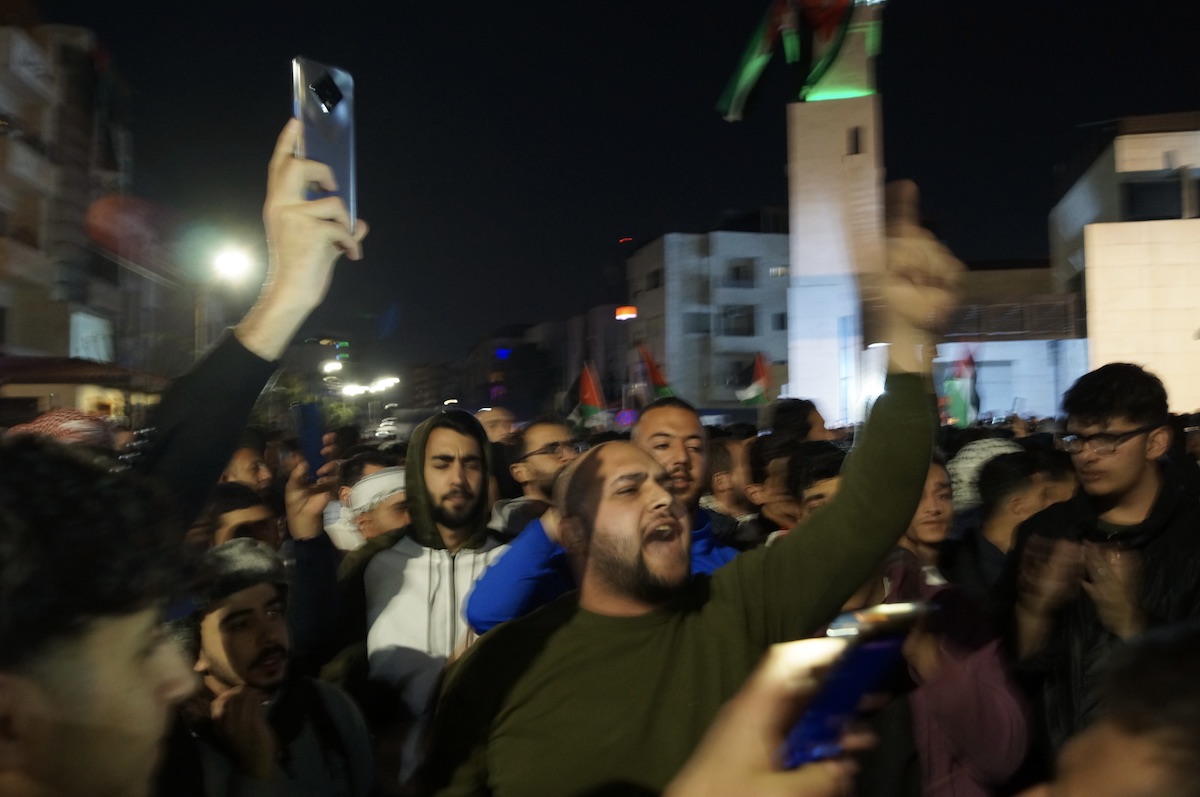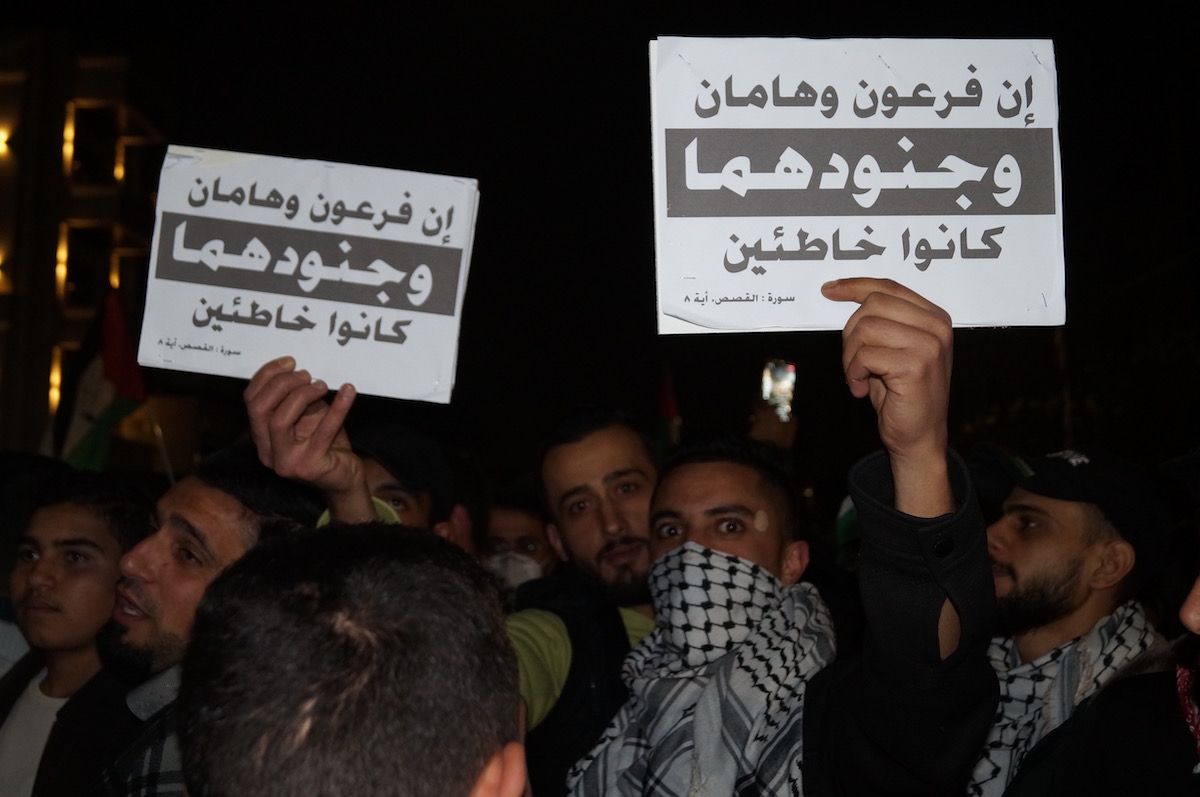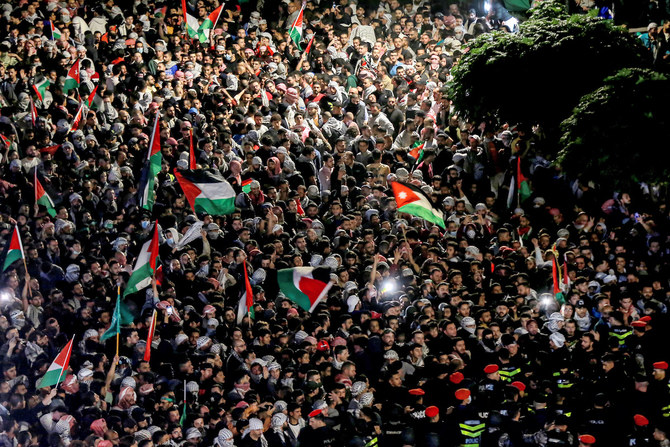BEIRUT: Israeli attacks on targets in Lebanon intensified on Monday, as rumors circulated in Tel Aviv and Beirut about the possibility of a ceasefire agreement within two days.
US envoy Amos Hochstein has been leading complex negotiations between Israeli and Lebanese authorities with the aim of ending the conflict, which began on Sep. 23 with Israeli airstrikes, followed by ground incursions into border areas on Oct. 1.
Since then, Israel has assassinated senior Hezbollah leaders, and the confirmed death toll from the fighting stands at about 3,800. This figure does not include Hezbollah members killed on the battlefield, the numbers of which are difficult to ascertain because of intense shelling in southern areas.
The escalating war has also resulted in the destruction of thousands of residential and commercial buildings in areas stretching from the south of the country to the southern suburbs of Beirut and northern Bekaa. Tensions continue to run high as the population lives in fear of the intense airstrikes, with ambulances and fire trucks remaining on standby in all regions.
MP Elias Bou Saab, the deputy speaker of Lebanon’s parliament, said: “We are optimistic about a ceasefire and there is hope. But nothing can be confirmed with Israeli Prime Minister Benjamin Netanyahu. What might put pressure on him is the battlefield.”
Israeli aggression intensifies whenever peace negotiations move closer to an agreement, he added, in an attempt to put pressure on Lebanese authorities.
“We insist on our position regarding the inclusion of France in the committee overseeing the ceasefire implementation,” said Bou Saab.
“We did not hear anything about Israel’s freedom of movement in Lebanon, and we still speak only about UN Resolution 1701, with no additions and with an implementation mechanism.”
Resolution 1701 was adopted by the Security Council in 2006 with the aim of resolving the conflict that year between Israel and Hezbollah. It calls for an end to hostilities, the withdrawal of Israeli forces from Lebanon, the withdrawal of Hezbollah and other forces from parts of the country south of the Litani River, and the disarmament of Hezbollah and other armed groups.
News channel CNN quoted a spokesperson for the Israeli prime minister as saying talks were moving toward a ceasefire. Another regional source told the network: “The agreement is closer than ever. However, it has not been fully finalized yet.”
Israel’s ambassador to the US, Michael Herzog, said an agreement “could happen in a few days” but “there are still some sticking points that need to be resolved.”
The Israeli Broadcasting Authority quoted the country’s education minister as saying that Hochstein has the green light to proceed with an agreement. It added that a deal with Lebanon had been finalized and Netanyahu was considering “how to explain it to the public.”
Also on Monday, diplomat Dan Shapiro from the US Department of Defense held meetings with senior Israeli officials that focused on the members of a proposed committee to monitor the ceasefire, most notably the participation of France, and the details of a monitoring mechanism to be led by the US.
One report suggested Washington had agreed to provide Israel with a guarantee it would support any military action in response to threats from Lebanon and to disrupt any Hezbollah presence along the border.
According to news website Axios, the draft agreement for a ceasefire includes a 60-day transitional period during which the Israeli army would withdraw from southern Lebanon, to be replaced by the Lebanese army in areas close to the border, and Hezbollah would move its heavy weapons from the border region to areas north of the Litani Line.
Against this backdrop of peace negotiations, the continual Israeli airstrikes on the southern suburbs of Beirut intensified on Monday, following 10 strikes the previous evening. The attacks targeted Haret Hreik, Hadath, Ghobeiry, Bir Al-Abed and Sfeir.
Hundreds of buildings have been damaged or destroyed, and as Arab News visited targeted areas, residents said “there have never been any Hezbollah offices in these structures, neither now nor in the past, and the buildings are mainly for residential purposes.”
A lawyer called Imad said the apartment building in the Hadath area in which he lived collapsed when it was hit by an airstrike.
“It is unbelievable that they use Hezbollah as a pretext to destroy our homes, which we purchased through financial loans to provide shelter for our families. They intend to annihilate us all,” he said.
The Israeli army said on Monday that an airstrike that hit the Basta area of central Beirut early on Saturday had “targeted a command center affiliated with Hezbollah.”
Efforts to help the injured and recover the bodies of the dead continued at the scene of the attack until Sunday evening. The Lebanese Health Ministry said at least 29 people were killed and 67 wounded.
The Israeli army also carried out numerous airstrikes in southern Lebanon, mainly targeting the cities of Tyre and Nabatieh. Ten people were killed, including a woman and a member of the Lebanese army, and 17 injured in three airstrikes on Tyre.
Also in Tyre, an Israeli drone killed a motorcycle rider in a parking lot near the Central Bank of Lebanon. And three civilians were killed by an airstrike in the town of Ghazieh, south of Sidon.
From the southern border to the northern banks of the Litani River, no area has been spared from Israeli airstrikes, which have extended as far north as the city of Baalbek, and the town of Hermel close to the border with Syria.
In the east, back-and-forth operations between the Israeli army and Hezbollah continued as the former attempted to gain control over the town of Khiam. Its forces advanced, supported by Merkava tanks, from the southern outskirts under the cover of airstrikes and artillery bombardment, moving into the center of the town and toward Ebel Al-Saqi and Jdidet Marjeyoun.
The Israeli army also deployed tanks between olive groves in the town of Deir Mimas after an incursion into the town last week. It began advancing toward the Tal Nahas-Kfar Kila-Qlayaa triangle. Elsewhere, Hezbollah and Israeli forces clashed in the western sector of the Maroun Al-Ras-Ainata-Bint Jbeil triangle.
Hezbollah said it targeted Israeli army positions on the outskirts of the towns of Shamaa and Biyada. Israeli forces carried out house-demolition operations in Shamaa.
Hezbollah also continued to launch attacks against northern Israel. The group said its rockets “reached the Shraga base, north of the city of Acre, and targeted an Israeli army gathering in the settlement of Meron.”
Israeli medical services said one person was injured in Nahariya by falling fragments from a rocket.
























